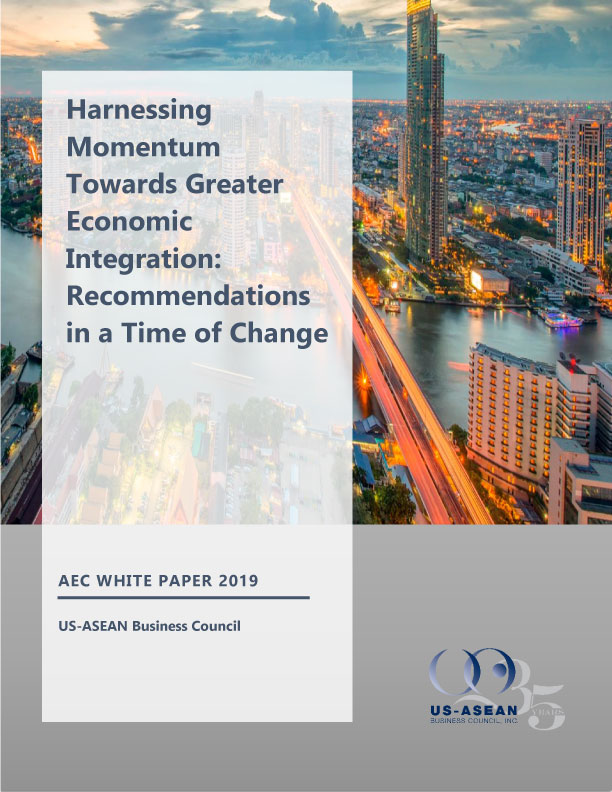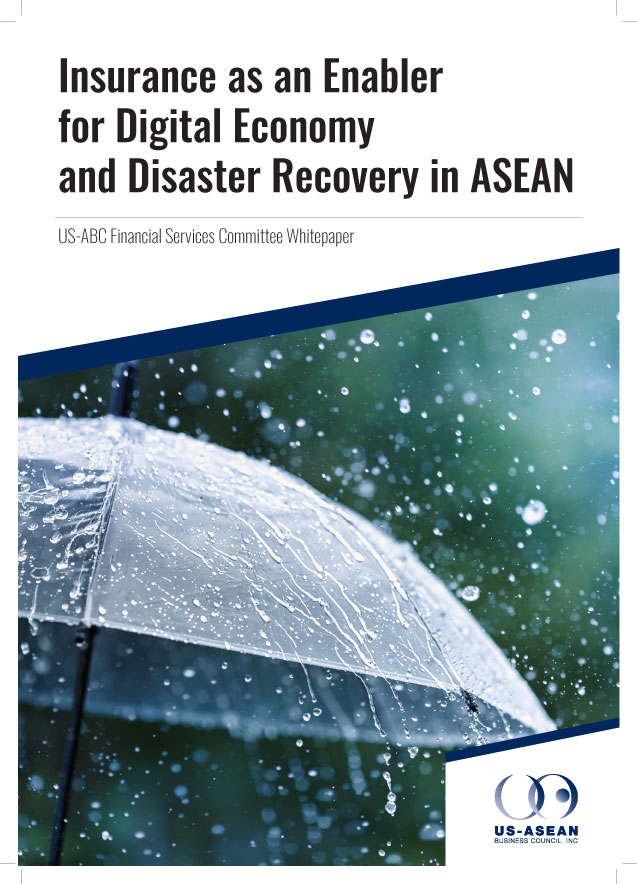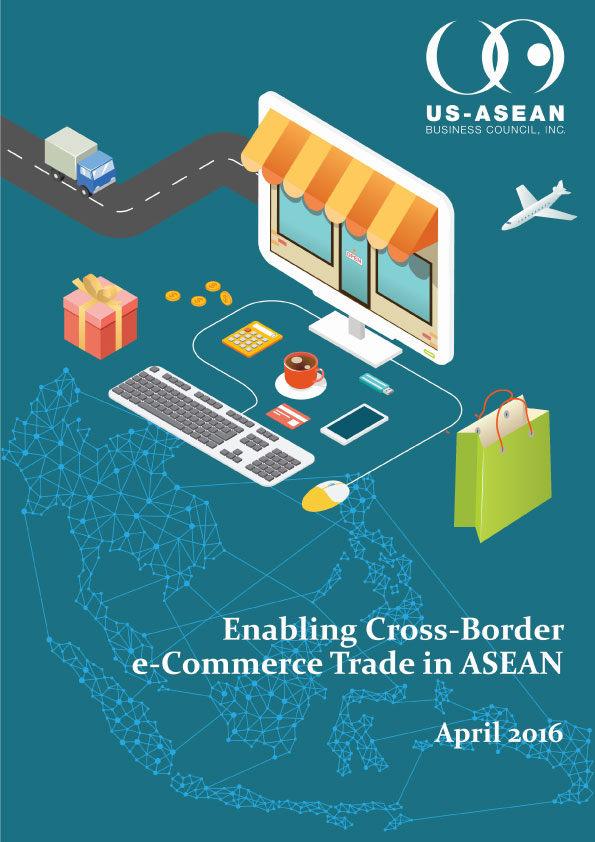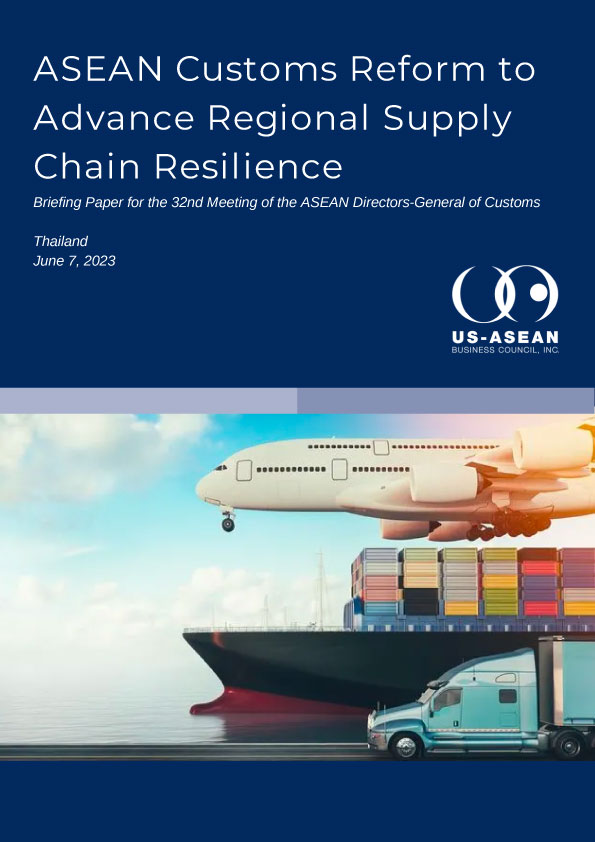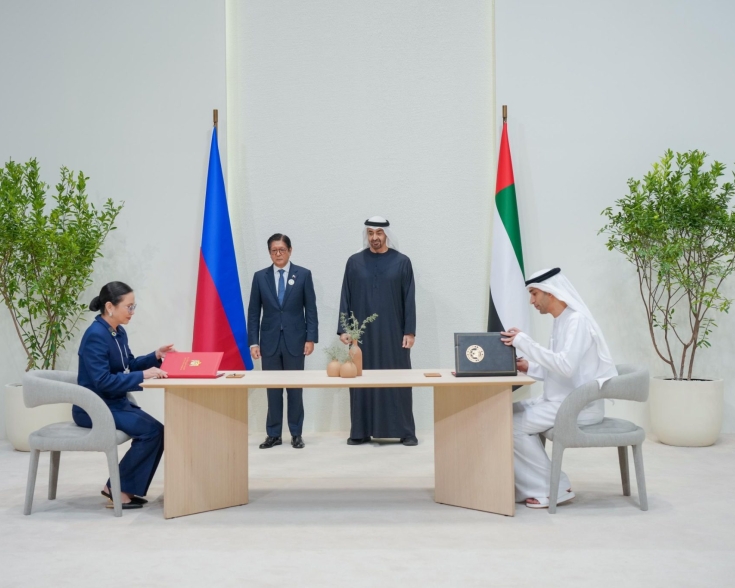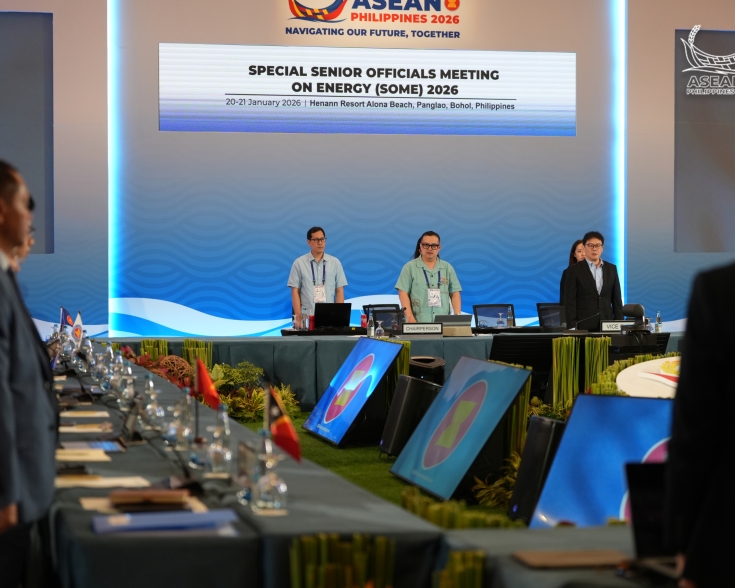ASEAN Enlargement: What It Means for U.S. Companies

ASEAN enlargement was a key highlight of the 46th Summit, with Timor-Leste set to transition from observer status to full membership by the 47th ASEAN Summit in October. However, Malaysia Prime Minister Datuk Seri Anwar Ibrahim noted that Timor-Leste must fulfill "one or two" remaining economic preconditions before its accession is finalized. Timor-Leste’s path to full ASEAN membership had been delayed due to concerns among existing member states over its ability to meet the bloc’s stringent requirements, including hosting high-level meetings and managing bureaucratic responsibilities. To demonstrate its readiness, the state established embassies in all ASEAN capitals by 2017. Another notable development at the 46th Summit was Indonesian President Prabowo Subianto’s endorsement of Papua New Guinea’s ASEAN membership bid. The Pacific state, which currently holds observer status, applied for full ASEAN membership in 1976. It is currently a member of the ASEAN Regional Forum.
ASEAN’s anticipated enlargement—with Timor-Leste set to become a full member by October and Papua New Guinea seeking accession—introduces new dynamics for U.S. companies operating in the region. Timor-Leste’s integration could unlock trade and investment opportunities, particularly in digital, health, energy, and infrastructure, but remains contingent on regulatory alignment and the young state's adoption of ASEAN standards. Papua New Guinea’s longstanding bid, now backed by Indonesia, raises questions about ASEAN’s geographic scope and trade expansion while offering U.S. companies already in Southeast Asia a potential gateway to the Pacific Islands market and Papua New Guinea’s vast natural resources. These developments highlight the need for strategic adaptation—monitoring regulatory shifts, evaluating new market entry points, and aligning with evolving trade policies to capitalize on ASEAN’s expanding community.



